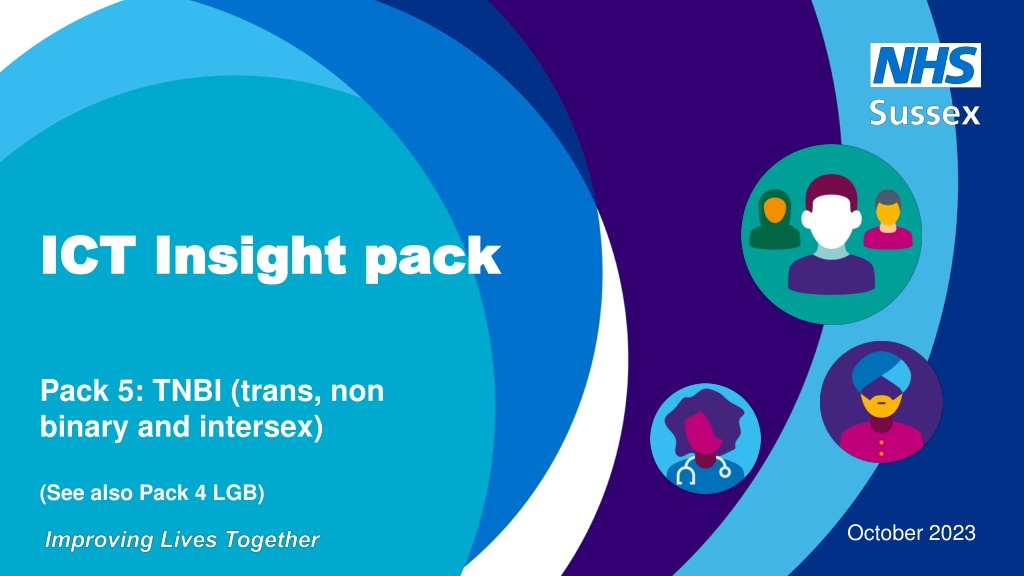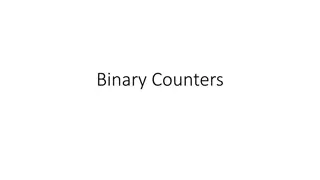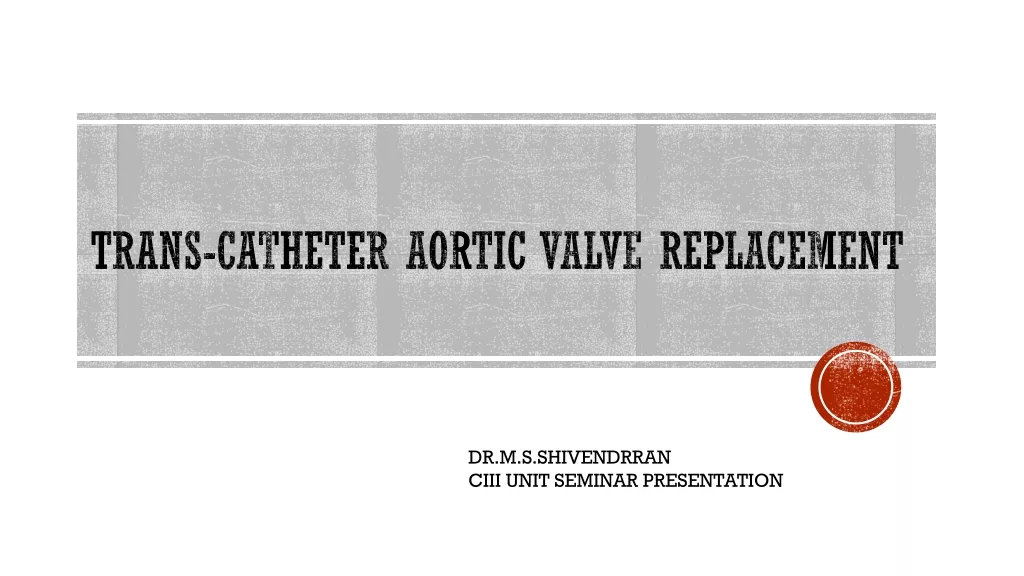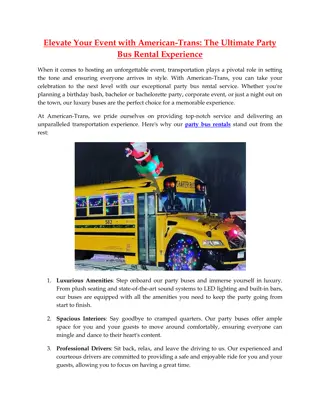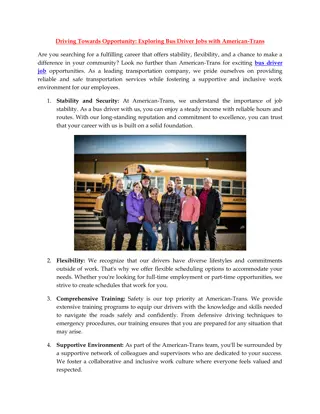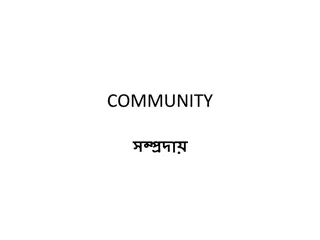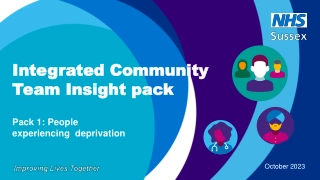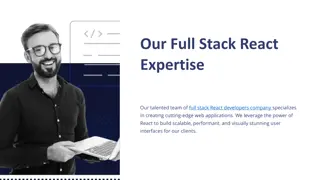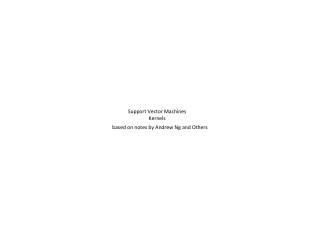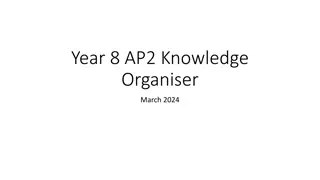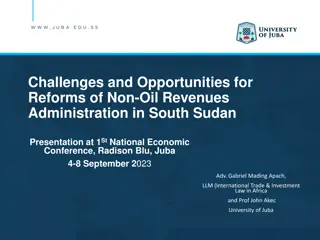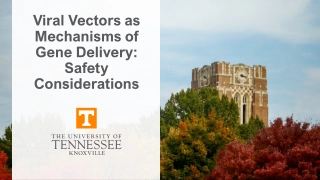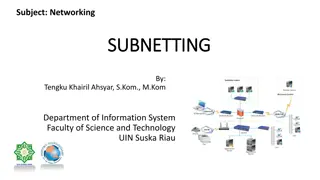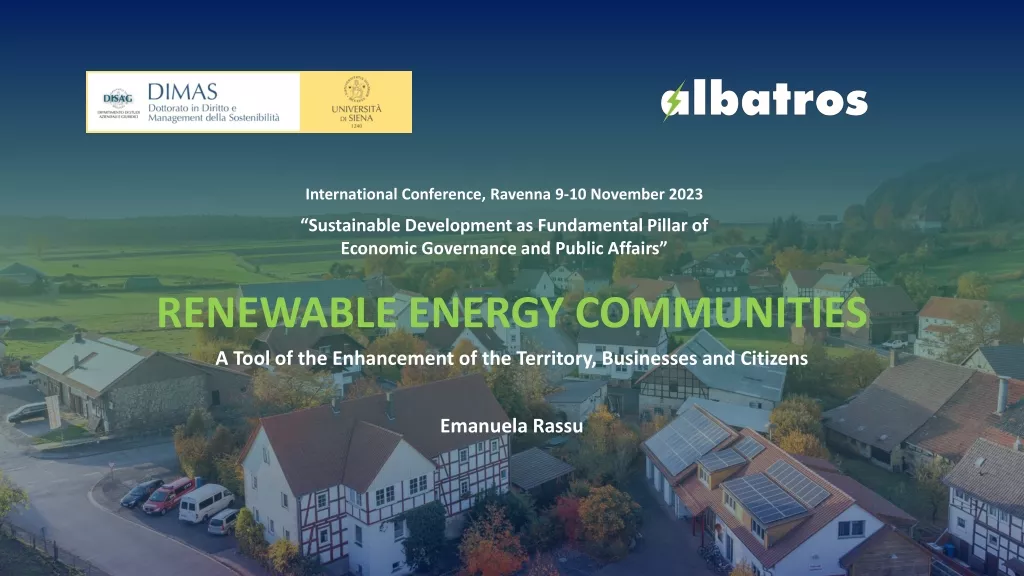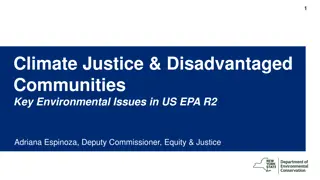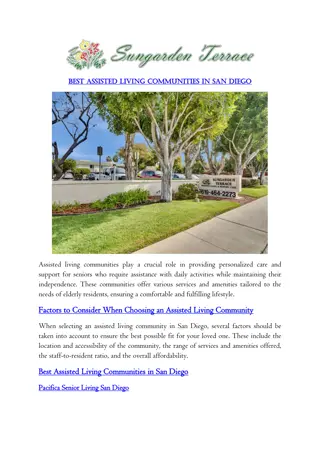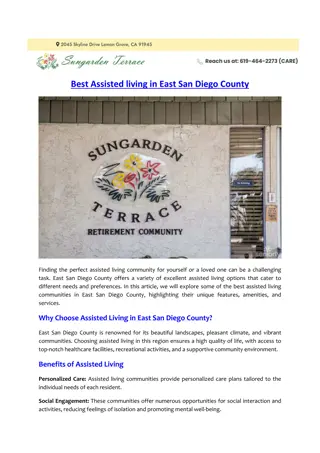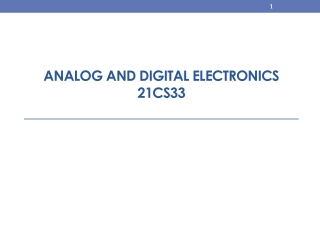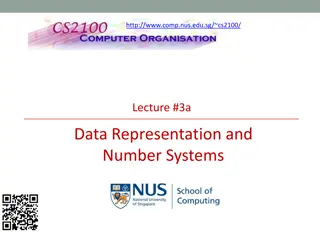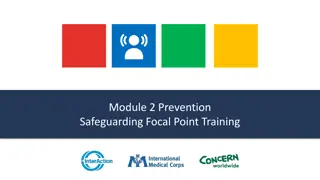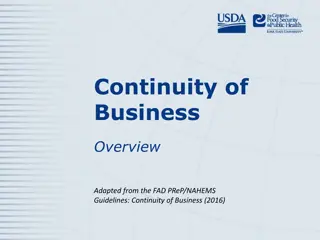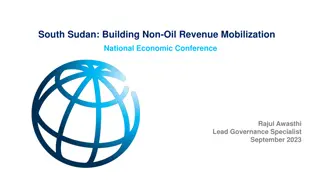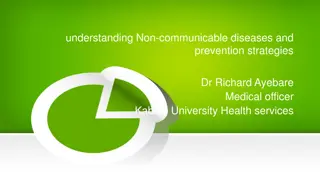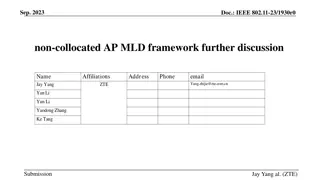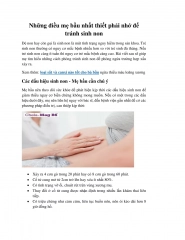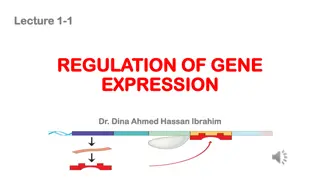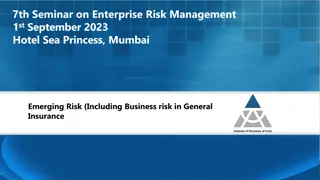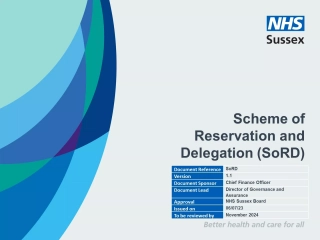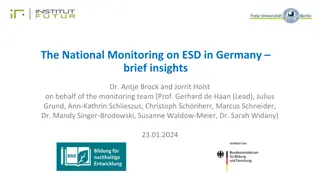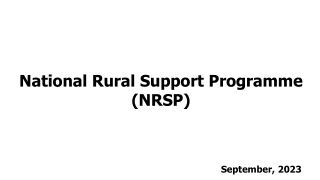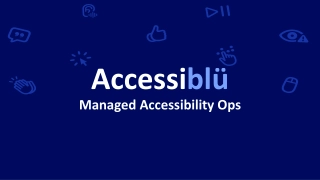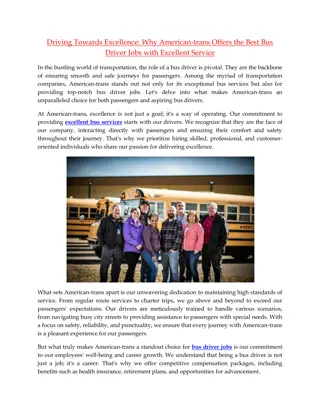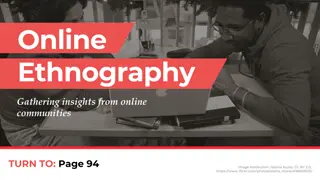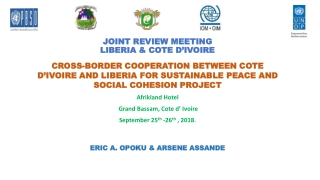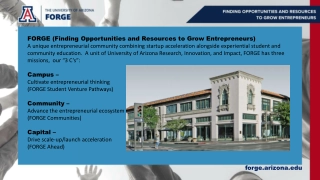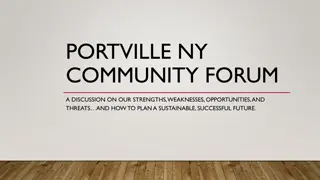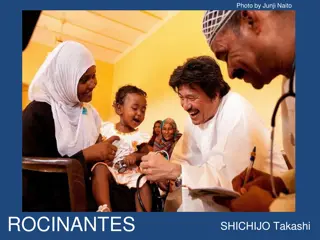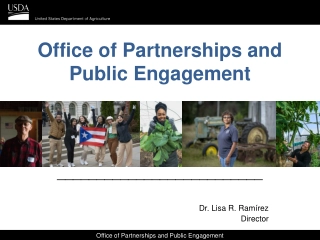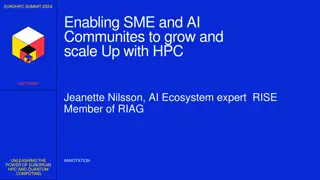Insights into Trans, Non-Binary, and Intersex Communities in Sussex
This insight pack focuses on the TNBI (transgender, non-binary, and intersex) communities in Sussex, providing valuable information sourced from the Sussex Insight Bank and other key local and national sources. It aims to support ICTs in accessing existing community insights to address health inequalities and better serve these diverse communities by leveraging local knowledge and feedback.
Insights into Trans, Non-Binary, and Intersex Communities in Sussex
PowerPoint presentation about 'Insights into Trans, Non-Binary, and Intersex Communities in Sussex'. This presentation describes the topic on This insight pack focuses on the TNBI (transgender, non-binary, and intersex) communities in Sussex, providing valuable information sourced from the Sussex Insight Bank and other key local and national sources. It aims to support ICTs in accessing existing community insights to address health inequalities and better serve these diverse communities by leveraging local knowledge and feedback.. Download this presentation absolutely free.
Presentation Transcript
ICT Insight pack ICT Insight pack Pack 5: TNBI (trans, non binary and intersex) (See also Pack 4 LGB) October 2023
Insight Packs Insight Packs general narrative general narrative This is Pack 5 of a series of insight packs produced to support ICTs to access community insight that already exists. Insight packs draw on available insight related to a particular health inequality, protected characteristic or inclusion group. Insight is drawn from the Sussex Insight Bank and other key local and national sources. It reflects a point in time: insight is captured constantly. This pack is not intended to be a comprehensive resource, but a way to understand known issues about these communities to inform your ICT development. Remember intersectionality: people and communities may have a number of characteristics, for example, be an older person with physical disabilities, living in a rural area.
Using insight packs Using insight packs We are not all the same: Our communities consist of people with different needs, experiences and barriers to health Local people are valuable assets: they often have insight that can inform change and improvement, as well as suggestions/solutions Local insight can help inform and transform services, saving time and money and improving outcomes Focusing on insight from communities with poorer outcomes can help reduce health inequalities There is a need to listen to our communities, and show that their views influence change and improvement
Using your insight pack Using your insight pack 1. Decide which insight packs from the series are most relevant for your ICT (informed by both the data profiles and communities which will be common to all ICTs) 2. Identify key gaps in insight: contact the Involvement team if advice needed on addressing gaps 3. Draw together your insight to create a what we know about our community picture 4. Ask your community if they recognise the data and insight, and ask what they feel is missing 5. Create community conversations through your Community Panel, together with ICT partners, to use insight to drive ICT design and service improvement 6. Use your insight as a checklist which changes and developments have worked? Have issues been responded to? How are communities seeing change and improvement?
Pack 5: Transgender, non binary and/or intersex Pack 5: Transgender, non binary and/or intersex communities communities This insight pack summarises some of the insight from our TNBI (transgender, non-binary and intersex) communities in Sussex held on the Sussex Insight Bank and from other sources. (NB Pack 4 summarises insight from our LGB (lesbian, gay and bisexual) communities.)
Summary Summary There is much variation in the quality of primary care, with examples of both excellent and poor practice There is a lack of clinical knowledge and general awareness of TNBI issues, particularly regarding intersex communities. Fear of transphobia, misgendering and inaccessibility of services is widespread Many examples were given in terms of inappropriate screening invitations or lack of screening invitations There are long waits for both adult and child gender identity services, for which patients in Sussex wait up to seven years for an initial appointment. There is a need for more specialist mental health support, particularly with regards to suicide prevention
Variation in quality of primary care Variation in quality of primary care There was much praise for the Trans Health Hub and Clinic T in Brighton Some GPs were felt to lack basic knowledge about trans identities, care or the gender affirming care pathway Some GPs did not know how to or were unprepared to refer on to Gender Identity Clinics (GIC), resulting in further waits Some GPs were unaware that they have options to prescribe bridging hormones/enter shared care agreements, or were not prepared to, even on advice from a GIC or private specialist Changing GP surgeries can lead to difficulties transferring hormone prescriptions due to inconsistent knowledge across Sussex The above issues and long waiting times lead many to self- medicate using hormones from the internet/friends. There is also thought be a lack of specialist knowledge variations among sex characteristics, also known as being intersex. There are currently no legal protections, training, or specific care pathway for this community which makes up to 2% of the population. Some avoid primary care altogether, often for years, or travel outside of their localities in search of good care There might be a GP in the surgery who understands it better than others and you might get the right one or the wrong one Since changing surgeries, I feel like a weight has been lifted off me, they get it they were not educated at all in that last surgery, I didn t realise how discriminatory they were
Fear of transphobia and misgendering Fear of transphobia and misgendering Fear of transphobia is a barrier to accessing services Being misgendered is common, even as early on as at the check in screen In an NHS setting, trans people often have to out themselves repeatedly and in public, due to information systems not giving clinicians or reception staff accurate information Administrative systems and healthcare guidance tend not to recognise non-binary identities; forcing people to align with a binary gender to get the treatment and surgery they need. Being intersex has no clear guidance or record keeping, other than coding of particular conditions under the umbrella of being intersex. Discrimination and exclusion from services is further exacerbated for TNBI people of colour, since perceptions of gender are framed on white and Western norms, and people with disabilities and/or neurodivergence - services are inaccessible to people who find sensory overload difficult. Being in a home where I constantly get dead named and misgendered has made my gender dysphoria much worse, affecting my mental health as I haven t been able to reach out to friends as I normally do Before y wife died, she was in Hospital about 20 miles away. I tried to drive there as often as I could, but I am 84 years old, so it has become more difficult. When I did drive there, I found it very difficult to park (I) really feel, due to the distance and my age, I failed my wife at a time when I should have been there to support her. gender-neutral bathroom, is there an STI kit that is labelled by genitals rather than gender? (At the GP practice) The biggest fear is of discrimination or being misgendered... having to have a binary gender on your NHS forms, and you will worry, is there a
Issues around screening Issues around screening Screening can be particularly problematic for the TNBI community and there are calls for the screening process to be more sensitive to the specific needs of TNBI people TNBI people spoke of not being offered appropriate screening and/or of being offered screening for body parts they didn t have. This can be triggering and require persistent outing to resolve issues The screening process also causes anxiety for people. Medical examinations and scrutiny of the anatomy can be seen as intrusive and uncomfortable. Communities often report being observed or experimented on , particularly if they have genital variations and/or changes through gender affirming care The way TNBI people are spoken to during screening can be seen as insensitive. This is felt to be due to lack of widespread knowledge and confidence of clinicians Many patients feel they have to travel out of the area to access inclusive screening, or avoid screening altogether due to severe inconsistencies across the counties When people have to access certain screenings or intimate examinations, it can be really uncomfortable for TNBI people, so is the surgery able to do that in a sensitive and appropriate way?
Long waits for Gender Identity Services Long waits for Gender Identity Services Long waits for referrals and access to Gender Identity services (previously known as GIDS) were common with some waiting up to seven years for an initial appointment into adult services. There is currently no service provision locally or nationally for new patients aged under 17 Many lack support at this time and become increasingly isolated. There are significantly high rates of depression, anxiety and suicidality. Many people also put off addressing other health needs while awaiting gender affirming care, resulting in an overall deterioration of health and well-being There were mixed views on how to address the lack of gender affirming healthcare, including the integration of gender identity clinics into primary care, with local or mobile clinics to bridge the gap in services There is a demand for better and more targeted mental health support services both at this time and in general for TNBI people Since coming out as trans my son has dropped out of school and disconnected with his friends and all activities we have struggled to find any services that can support him I would really appreciate support whilst waiting for GIDS as the long wait feels hopeless
Recommendations from TNBI Recommendations from TNBI Community (1 of 2) Community (1 of 2) Health and care to routinely and sensitively collect information on gender identity, including intersex, and sexuality, if this is to be used to further inclusivity and not tick a box , aiming to unify the approach Staff to wear name badges Staff to ask people for pronouns during introductions and establish access needs Improved signposting on how to access what is on offer, particularly among our growing voluntary sector Visible TNBI champions/advocates/role models/networks Greater TNBI representation in NHS and signalling of allyship across communications Staff training needed in basic TNBI awareness, co designed and delivered intersectional awareness training options e.g. on neurodivergence, people of colour clinical training, including on options for bridging hormones and shared care gender affirming healthcare pathways, NHS and private
Recommendations from TNBI Recommendations from TNBI Community (2 of 2) Community (2 of 2) Improved intersex services and frameworks Feedback to be built into health and care systems to enable people to rate care Roll out of Trans Health Hub model; local or mobile Gender Identity Clinics Restorative and/or consistent approaches to discrimination More timely and specialised mental health services for TNBI communities
Sources (1 of 2) Sources (1 of 2) NHS Sussex/The Clare Project Trans Health Improvement Group verbal feedback LGBTQ+ people share their experiences of health and social care services (2022) Healthwatch and Switchboard Impact of Covid-19 on LGBTQ communities of Brighton and Hove (June 2021) Switchboard Train and treat: trans, non binary and intersex (TNBI) primary health care in Sussex (2021) The Clare Project East Sussex Lesbian Gay Bisexual Trans Queer + (LGBTQ+) Comprehensive Needs Assessment (2019) East Sussex County Council LGBTQ+ experiences of using urgent care services (2019) Switchboard LGBTQ+ communities and dementia engagement report (2018) Switchboard
Sources (2 of 2) Sources (2 of 2) Intersectionality: Race/Ethnicity and LGBTQ people in Brighton & Hove Community Engagement Report (June 2018) TDC/Switchboard Allsorts Gender Identity Personalised Care Partnership (undated) Sussex Health and Care For reference Sussex Insight Bank
